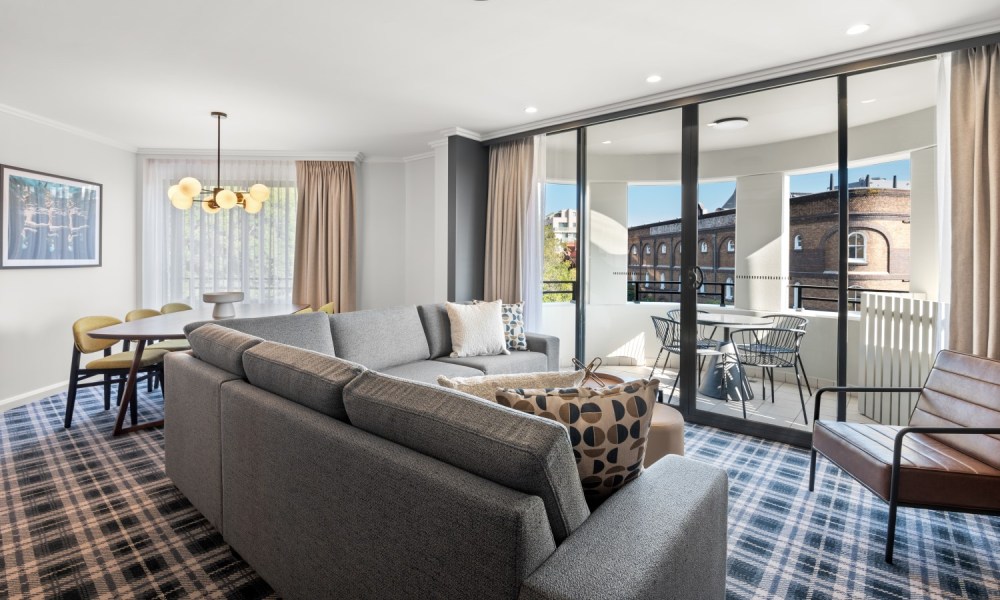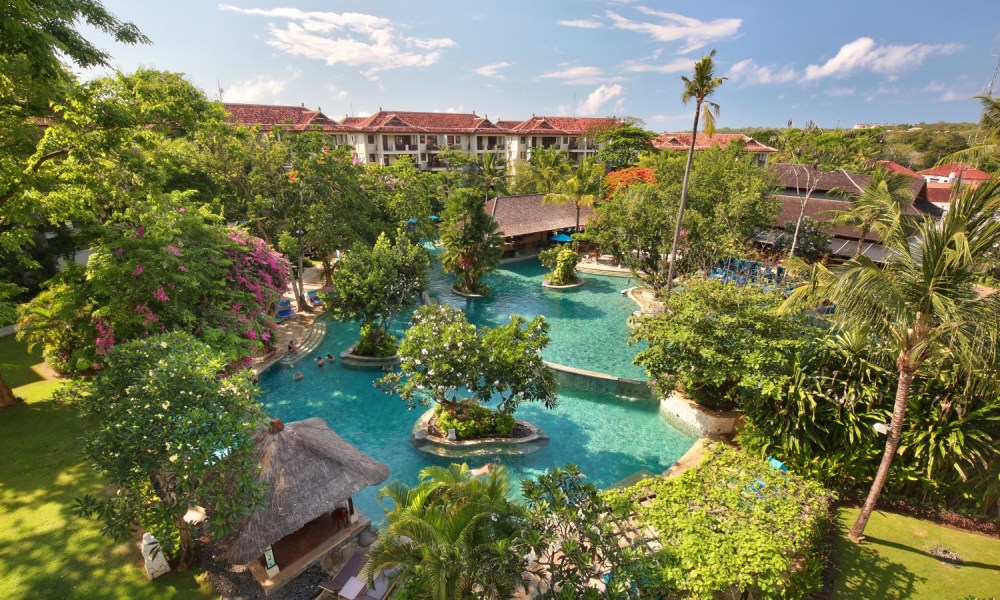Under the deal, Travel and Leisure Co. will receive the exclusive rights to develop new vacation ownership clubs and products under the Accor Vacation Club brand across Asia Pacific, Middle East, Africa and Turkey, and Accor will receive a percentage of vacation ownership sales revenue as a licensing fee.
“There’s alignment for both businesses,” Travel and Leisure Co. President and Managing Director of International Operations, Barry Robinson, told HM.

“Accor has built a solid vacation ownership business over the last 20 years with a great reputation and a good foundation to build upon; but Accor is moving out of asset ownership and towards a capital-light business, and to that sense, the vacation ownership business is very capital intensive.
“There are US$1.3 billion worth of assets in the Accor Vacation Club, and we will focus on a growth curve for them, similar to what we did with Wyndham.
“We’ll be developing mixed-use properties that will grow the hotel portfolio while we’re growing the footprint of the vacation ownership business both in the South Pacific and in Asia.
“We’re starting to ignite the sales machine for the Accor Vacation Club business, and we have growth targets that the team will be focused on achieving, which will include buying and acquiring other assets.”
With the rise of the sharing economy, the vacation ownership model is evolving with more and more instances of shared ownership of vacation properties, Robinson said.
And as Gen Z and millennial travellers embrace remote work, many are embracing this type of offering.
“What we have found over the time is that our business has been pretty stable through good and bad times – our occupancies don’t really fluctuate, our sales velocity has been quite consistent,” Robinson said.
“It’s a multi-billion-dollar industry, especially in the US, where it’s something like US$15 billion worth of sales a year.

“In regional areas, people tend to use it in holiday regularly, and with the rise in flexible working, people are looking for more space to be able to work while they’re vacationing. We focus a lot on the remote work setup including Wi Fi capabilities and so on within our facilities.”
Despite complex legislation in the Australian market that doesn’t recognise the specifics of vacation ownership properties, Travel and Leisure Co is dominating the segment in the South Pacific.
“We’ve spent a lot of time educating legislators and government [on vacation ownership] but as it’s still quite a small sector, it’s hard to make significant changes to legislation,” Robinson said.

“What’s affecting our growth is the cost of construction and the price of flying interstate. We’ve been sitting on the fence waiting for things to either stabilise or soften a bit, so we’ve been acquiring in other markets offshore.”
While Robinson said acquisitions will continue, the business is currently focused on integrating and stabilising Accor Vacation Club and growing it in parallel with the Wyndham Vacation Club.
“We will more than likely have an acquisition before end of the year in the South Pacific, otherwise we may buy something in Asia that will support the growth until things rectify itself from a real estate perspective in the South Pacific market,” he said.